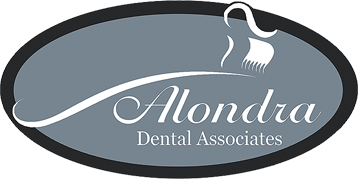People have been obsessed with their self-image for as long as we’ve existed. Throughout the years, standards regarding our appearances have varied. Since the internet was invented and social media, pressures to look our best have skyrocketed. This fact is made true through interactions on social media platforms such as TikTok, Facebook, and Instagram. While social media has connected billions across the words, it also comes with its detriments. One of these detriments is called smile dysmorphia.
How Is Dentistry Affected By Smile Dysmorphia?
Selfie-Culture is one of the biggest influences for smile dysmorphia. Selfie culture has begun to revolve around us looking as perfect as possible. Due to this, most people go out of their way to create an imagined version of themselves that they then share online. This fictitious persona often creates deep insecurities regarding their self-imagery and teeth.
Smile dysmorphia is the condition that people have insecurities regarding their smile. These insecurities remain, even if someone has beautiful, healthy teeth. Due to the numerous imagined personas, people put onto the internet, they hold themselves to impossible standards. These standards cause many to search for cosmetic treatments from their dental team to address imagined issues. Some of the most common treatments they seek include:
- Dental Whitening – If you suffer from tooth discoloration, then dental whitening can help. However, this will only improve the color of your teeth by a couple of shades. It will not wholly whiten them. The use of a particular peroxide solution is what’s used to lighten your teeth. Typically, under experienced hands, this solution is safe. However, misuse of this solution will lead to damaged enamel and sensitive teeth. Patients with smile dysmorphia might abuse this treatment despite having beautiful teeth.
- Gum Line Contouring – This process removes the excess gum to make your teeth more prominent. Some people have teeth that appear minute due to the excess of their gums. For these patients, gingival contouring can be rather helpful regarding the health and appearance of their teeth. However, smile dysmorphia can sometimes make someone feel like this procedure is needed when it isn’t.
- Tooth Enamel Contouring – This treatment removes the excess enamel from your teeth. It is commonly used when patients have large or misshapen teeth. Due to social media trends telling people to file their teeth, the effects of at-home filing can be damaging and potentially lead to painful sensitivity or even loss of teeth.
Your Dentist Can Provide Advice
The best thing that you can do is to trust your dentist. This is especially true if you are suffering from smile dysmorphia. If you find that you have uncharacteristic expectations regarding the appearance of your teeth, it tends to lead to trouble. Your dentist can provide you with information regarding the health and appearance of your teeth. They may inform you if you have concerns that you might struggle with smile dysmorphia. They could suggest mental health counseling should they believe this to be true.


